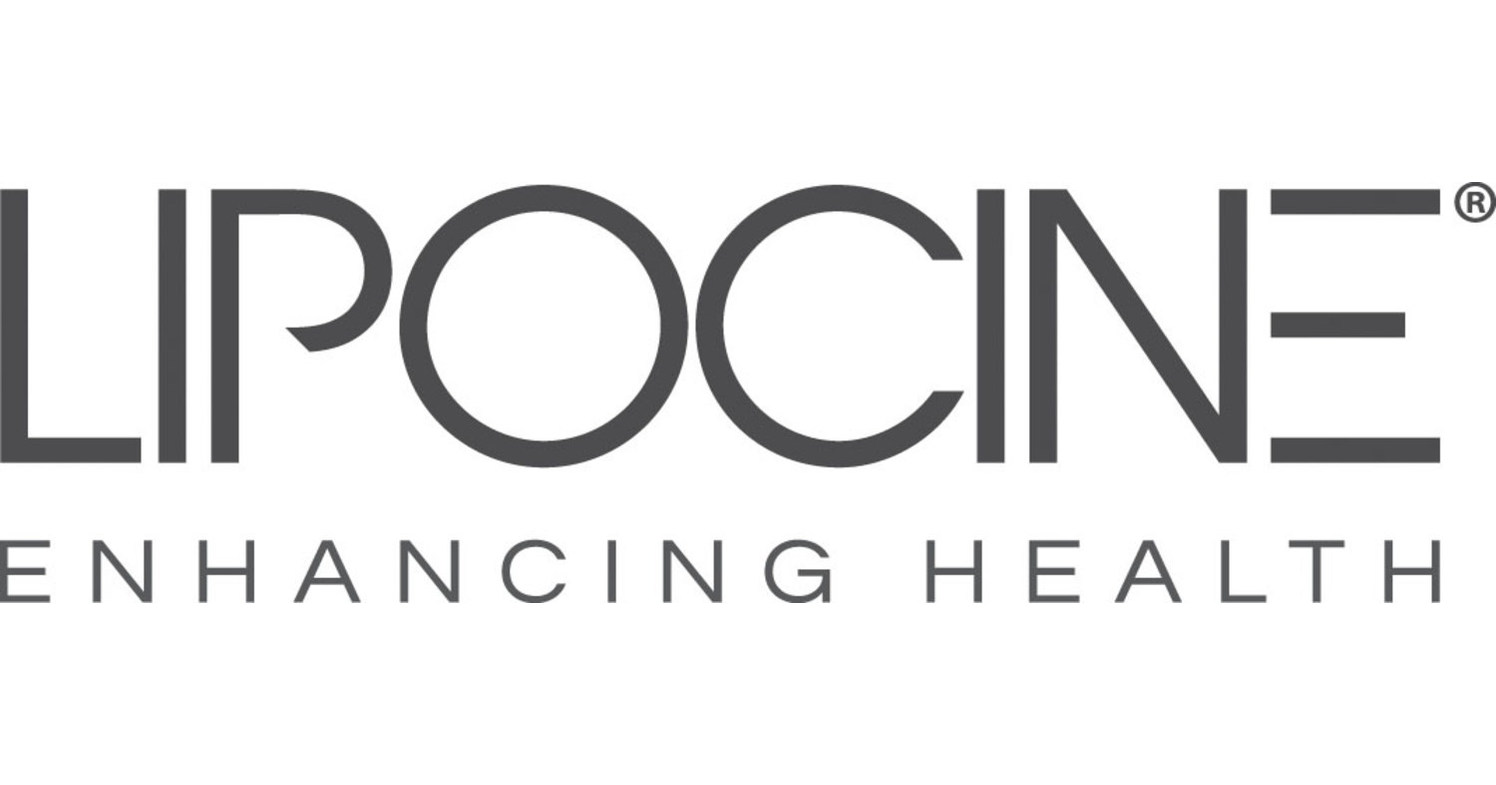madman
Super Moderator

Lipocine Announces Positive LPCN 1144 NASH Open Label Extension Study Results
/PRNewswire/ -- Lipocine Inc. (NASDAQ: LPCN), a biopharmaceutical company leveraging its proprietary technology to develop innovative products to treat...
- LPCN 1144 was well tolerated over 72-week exposure with no observed safety signals
- Liver injury markers were reduced and maintained with extended LPCN 1144 treatment
- Observed liver histology improvements support further development
SALT LAKE CITY, May 12, 2022 /PRNewswire/ -- Lipocine Inc. (NASDAQ: LPCN), a biopharmaceutical company leveraging its proprietary technology to develop innovative products to treat neuroendocrine and metabolic disorders, announces positive topline results from its Open-Label Extension study, OLE. LPCN 1144 comprises an orally delivered prodrug of testosterone.
Twenty-five subjects were enrolled (OLE Safety Set, OLE-SS) of whom 16 subjects from the LiFT study continued LPCN 1144 treatment for additional 36 weeks (total of 72 weeks), and nine subjects initiated LPCN 1144 treatment for 36 weeks after placebo run-in for 36 weeks in the LiFT study. The OLE-SS were evaluated for safety and tolerability of LPCN 1144, as well as overall subject health at weeks 6, 12, 24, and 36 of OLE treatment. Twenty-three subjects completed the study, and one subject discontinued due to a non-drug-related treatment-emergent adverse event (TEAE). Six subjects (OLE Biopsy Set, OLE-BS) elected to have an optional liver biopsy at the end of the OLE at week 72.
LPCN 1144 was well tolerated over 72-week exposure with no observed safety signals
In the OLE-SS, the frequency and severity of TEAEs were comparable to those observed in the LiFT study. There were no reported cases of cardiovascular events, thromboembolic events, hepatocellular carcinoma, or drug-induced liver injury ("DILI"). Weight change from baseline was minimal and comparable to the LiFT results. A GI adverse event was reported in one subject, and pedal edema was also reported in one subject, neither of which were considered related to the study drug. Additionally, no clinically meaningful changes in lipids were observed.
Liver injury markers were reduced significantly (p<0.05) and maintained with extended LPCN 1144 treatment
Liver injury markers were reduced relative to baseline during the initial 36 weeks of treatment with LPCN 1144 [OLE-SS, n = 25, 36 weeks in LiFT (n=16) and 36 weeks in OLE for subjects on placebo in LiFT (n=9)] with the reduction (U/L) of ALT (alanine aminotransferase), AST (aspartate aminotransferase), ALP (alkaline phosphatase) and GGT (gamma-glutamyl transferase): 25.4 (from 61.8),12.2 (from 38.4), 10.6 (from 67.3), and 12.2 (from 50.1), respectively.
Further, subjects exposed to 72-weeks of LPCN 1144 treatment (n=16; 36 weeks of LPCN 1144 treatment in LiFT + 36 weeks of LPCN 1144 treatment in OLE) maintained the mean liver injury marker reductions (U/L): ALT of 27.8 (from 65.9), AST of 13.3 (from 37.4), ALP of 9.4 (from 69.8), and GGT of 14.3 (from 47.7).
Observed improvements in liver histology support further development
Utilizing NASH CRN (Clinical Research Network) scoring, in the limited number of biopsies LPCN 1144 treatment showed improved efficacy upon extended treatment, and treatment post-36-week placebo run-in demonstrated efficacy consistent with the LiFT study results.
"The tolerability with no adverse safety signals and efficacy results of LPCN 1144 over extended treatment duration are promising. These data provides strong rationale for further development of this novel approach as a treatment for NASH," said Dr. Arun Sanyal, Professor in the Virginia Commonwealth University ("VCU") Department of Internal Medicine and Education Core Director in the VCU Center for Clinical and Translational Research.
Dr. Mahesh Patel, Chairman, President, and CEO of Lipocine Inc. commented, "We are delighted by the continued tolerability and efficacy results of LPCN 1144 treatment from the OLE study, which we believe along with the previous LiFT results support LPCN 1144's potential to be the 'best in class' option for treating NASH with a differentiated benefit-to-risk profile. We look forward to the End of Phase 2 meeting with FDA to discuss the pivotal study design."
About the LiFT study
The LiFT clinical study (NCT04134091), a prospective, multi-center, randomized, double-blind, placebo-controlled, multi-arm, multi-site trial in the United States, enrolled biopsy-confirmed hypogonadal or eugonadal male NASH subjects with stage F1-F3 fibrosis and a NAFLD Activity Score ≥ 4 for a 36-week treatment period. Subjects with advanced fibrosis (F2-F3) and steatohepatitis (inflammation on liver biopsy) were also eligible. Subjects were randomized 1:1:1 to one of three arms. More information on the study design and results was announced on August 25, 2021.
About the OLE study
The OLE study (NCT04685993) was a multicenter study to provide LPCN 1144 treatment to subjects from the LiFT study who chose to participate. Subjects who completed the LiFT study from both the placebo and LPCN 1144 treatment arms were eligible for the OLE. The primary objective of OLE was to evaluate the safety and tolerability of extended (up to 72 weeks) treatment with LPCN 1144 in subjects with biopsy-confirmed Nonalcoholic Steatohepatitis (NASH).
About NASH
NASH is a more advanced state of non-alcoholic fatty liver disease ("NAFLD") and can progress to a cirrhotic liver and eventually hepatocellular carcinoma/liver cancer. Twenty-five to thirty percent of the U.S. population is estimated to suffer from NAFLD. NASH afflicts three to twelve percent of the U.S. population, which is a substantially large population that lacks effective therapy. Currently, there are no FDA-approved treatments for NASH. Approximately 50% of NASH patients are adult males and the number of NASH cases is projected to increase 63% from 16.5 million cases in 2015 to 27.0 million cases in 2030. NAFLD/NASH is becoming more common due to its strong correlation with obesity and metabolic syndrome, including components of metabolic syndrome such as diabetes, cardiovascular disease, and high blood pressure. In men, especially with comorbidities associated with NAFLD/NASH, testosterone deficiency has been associated with an increased accumulation of visceral adipose tissue and insulin resistance, which could be factors contributing to NAFLD/NASH.
















